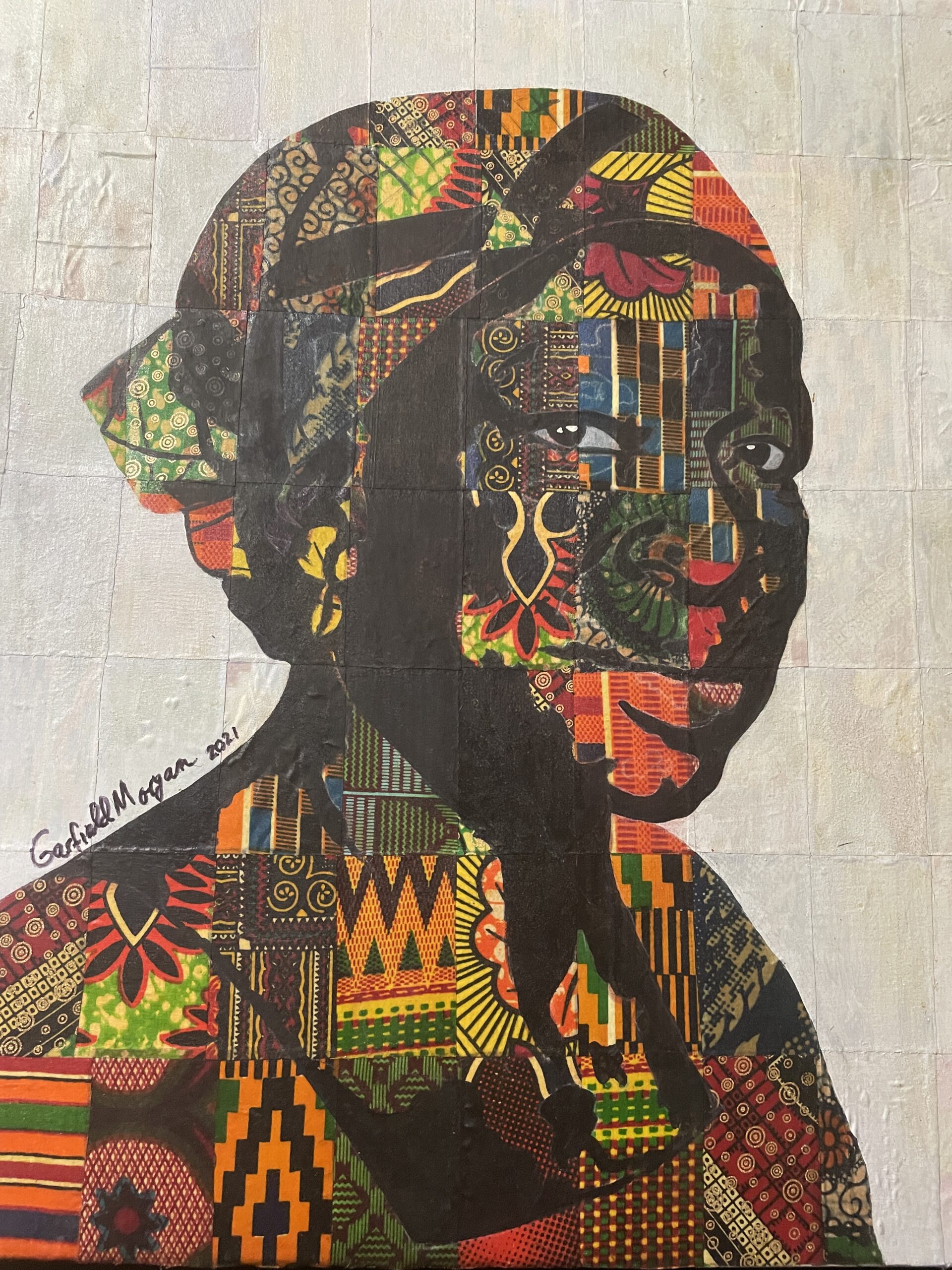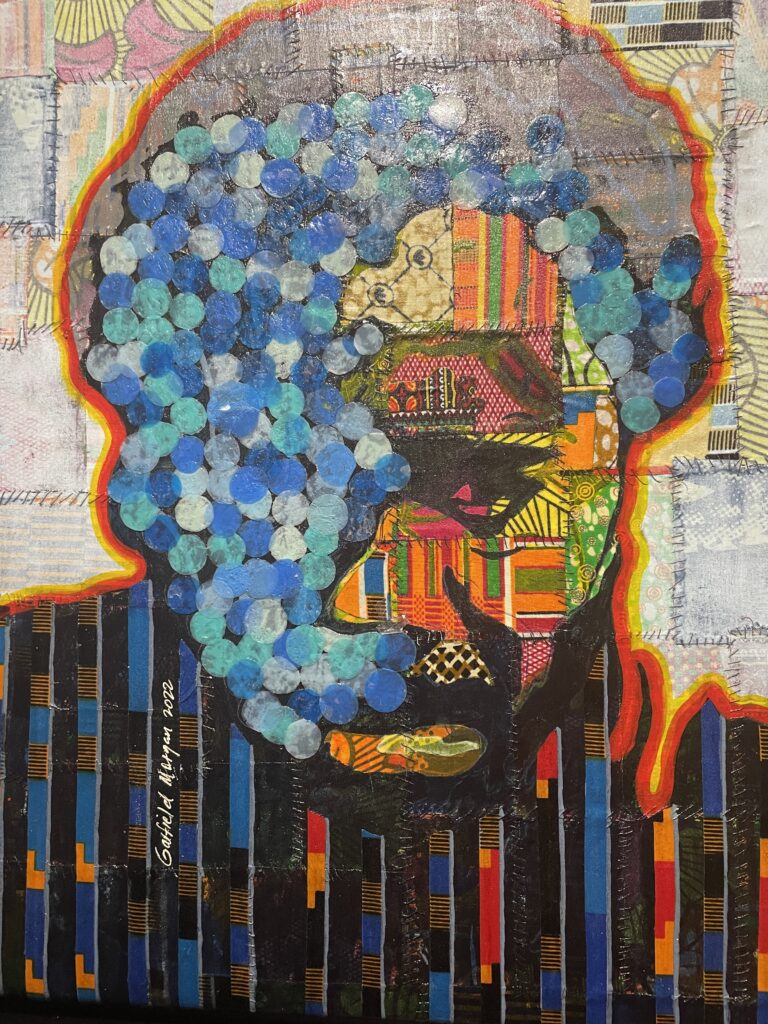Africa news roundup

May 20-26, 2024
Ghana
PIAC recommends investment into new oil fields
According to the 2023 annual report of the Public Interest and Accountability Committee (PIAC), there has been a decline in crude oil production for four years running. According to PIAC, this is a worrying trend that must be curbed. Presenting the report in Accra, the chairperson of the committee Emeritus Professor Elizabeth Ardayfio-Schandorf said “Crude oil production declined for the fourth consecutive year in 2023. Production dropped from a high of 71.44 million barrels in 2019 to 48.25 million barrels in 2023 representing an annual average decline of 9.2 per cent,” The report also exposed defaults in the payments made to the petroleum holding fund. “The total proceeds from Jubilee Oil Holdings Limited (JOHL) liftings received in 2023, amounting to US$70,456,718.93, were not paid into the Petroleum Holding Fund (PHF) for the second consecutive year. This brings the cumulative proceeds of unpaid revenue into the PHF by JOHL to US$343,108,927.88 as at end of 2023”, the report said.
The report recommended that efforts must be intensified to shore up the depleting oil reserves: “Government and the relevant regulatory bodies should take the appropriate steps to reverse production decline on existing oil fields and ensure investments in unexploited fields”. It also reiterated its position that “proceeds from liftings of JOHL and other subsidiaries of (GNPC) constitute petroleum revenues within the meaning of Section 6(e) of the Petroleum Revenue Management Act, 2011 (Act 815) and Section 2 of the Petroleum Revenue Management (Amendment), 2015 (Act 893), and therefore must be paid into the PHF.” PIAC’s Annual Report is in fulfilment of PIAC’s obligation under the Petroleum Revenue Management Act, 2011 (Act 815), as amended by Act 893, to publish Semi Annual and Annual Reports.
Nigeria
More than 40 die in fresh attacks
At least 40 people were killed and many others wounded in an attack by gunmen in Zurak village in Nigeria’s north-central Plateau state, where clashes between herders and farmers are rife. According to the police, the attack is the result of the gunmen’s attempt to flee an onslaught by security agents in Bangalala forest of Wase local government area of the state. According to police spokesperson, Alfred Alabo, seven of the assailants were neutralized by security agents however, more fleeing gang members killed nine people and burnt down six houses. Even though police reports peg the death toll at 40, residents argue that the number of deaths recorded may be more than 40.
According to residents’ account of the event, the gunmen men invaded the village on motor bikes sporadically shooting at anyone they saw. This resulted in the killing of more than 40 people and the kidnapping of undisclosed number of people while many others sustained various degrees of injuries. Alabo said the Plateau police command has deployed more officers to the area to secure the villages. In recent times, attacks on villages and kidnapping for ransoms have become rampant in northern Nigeria.
Kenya
Police deployment to Haiti takes shape
In an attempt to finally launch a stalled deployment to Haiti, among other things, the President of Kenya is on a visit to the United States. The police deployment is an authorized multinational support mission aimed at combating gang violence in Haiti. Ruto is expected to hold talks with Joe Biden in this regard and other economic and security matters. The first wave of 200 police officers is expected to arrive in Haiti on 23 to 24 May. The arrival of the troops in Haiti will coincide with a state visit by the Kenyan president and his delegation to the United States. The deployment comes seven months after the Security Council gave the go-ahead for the East African country to lead the multinational mission.
The troops are drawn from Kenya’s police Recce Squad, Rapid Deployment Force and Special Operation Group who have been fighting al-Shabaab insurgents along the Kenya–Somalia border. Some of the troops are expected to secure facilities including the airport, while the rest will be involved in combat against the gangs. Gangs in Haiti are said to have taken control of over 80 per cent of Port au Prince. An advance team of hundreds of Kenyan reconnaissance officers and top police personnel were sent for special training in the US in late last year to prepare them for the mission.
South Africa
Stakeholders intensify calls for peaceful elections
Bishop João Noé Rodrigues, the vice chairperson for the Department of Formation Life, and Apostolate of the Southern African Catholic Bishops Conference (SACBC), has joined calls for a “peaceful, free and fair transparent as South Africans go to the polls on 29 May. In a conversation with the SACBC communication office, Rodrigues of Tzaneen Diocese said the general elections after years of democracy “are important in the sense that it gives the people of South Africa the opportunity to take a critical look at how far we’ve gone, what we’ve done well, where we’ve lost it and what it is that we can do, so this election therefore allows us to be able to correct that”.
So far, nearly 28 million South Africans are expected to cast their votes in the upcoming general elections to elect a president and 800 representatives to the national assembly and provincial legislatures. This year’s elections will, for the first time, allow independent candidates to contest elections. Despite dwindling fortune, Nelson Mandela’s African National Congress still maintains a large support with its close challengers being the Economic Freedom fighters (EFF) and the Democratic Alliance (DA). Former President Jacob Zuma’s newly formed uMkhonto party is expected to pull a shocker in this year’s election. However, in a sad turn of events, the former president, himself, has been barred from contesting due to 15-month jail sentencing. With a current population of around 62 million people, South Africa is considered the most industrialized economy in Africa.
Liberia
Government begins repatriation of refugees
The Liberian Government has begun repatriating some 6,000 Liberians from the former Buduburam Refugee Camp in Ghana. The exercise was prompted by the demolition of the camp on 27 February by Ghanaian authorities, leaving the thousands of Liberians and Ghanaians homeless. The repatriation was a joint effort between the Government of Ghana and the Government of Liberia. Many had sought shelter in schools, churches, and other public buildings. The Liberian Government provided 15 chartered buses to repatriate 770 citizens to Monrovia in the first phase of the emergency exercise. Another batch of Liberians are expected to be repatriated in the coming weeks.
The Buduburam camp was demolished on 27 February 2024 rendering some 600 people homeless. The demolition which was earlier scheduled for 2021 was postponed following pleas by residents for adequate time. However, it was necessitated by concerns from chiefs and residents about the increasing crime rate in the area.
Sierra Leone
President charges up cabinet members
President Bio has urged his ministers, deputies, permanent secretaries and other senior civil servants to correct and recalibrate their actions for the national agenda. Addressing his Cabinet at the opening of a two-day ministerial retreat in Bo, he described the retreat as timely and reminded the Cabinet members of the aim of his government, which is to deliver on the promises that his campaign had made to the people of Sierra Leone. The President also reminded his ministers to remain truthful to each other, a principle he believes will allow his Cabinet members to correct and recalibrate their actions to advance the national agenda within the limited timeframe the people of Sierra Leone has entrusted them with.
He urged them to know and to bear in mind that the weight of responsibility they owe to Sierra Leone is great, pointing out that ministers, deputies, and other senior civil servants are called to serve on a contract that “must be fulfilled at all costs”. Bio also took the opportunity to highlight a key milestone chalked in his first term of government. He claims that his first term changed the landscape for women and their participation in politics and in the economic sphere. The two-day retreat was on the theme: Deepening Coordination, Collaboration for Accelerated Service Delivery.
Togo
Prime minister resigns
According to a communiqué dated Tuesday 21 May, Madam Victoire Sidemeho Tomegah-Dogbé resigned as prime minister of Togo. In the communiqué, President Faure Gnassingbe congratulated Madam Victoire Sidemeho and encouraged the government to facilitate the smooth handling of state affairs until a new prime minister was appointed. Tomegah-Dogbé resigned after the 29 April legislative elections were confirmed. The new legislative instrument allows sitting Gnassingbe to extend his nine-year rule.
The new system means that the president will no longer be elected by universal suffrage but by members of Parliament. The system will also shorten presidential terms to four years from five with a two-term limit. Under the old system, Gnassingbé could only have run for president one more time. However, under the new system, he can avoid term limits and extend his rule even further because he is the leader of the majority party in Parliament. Togo shifted from a presidential to a parliamentary regime, becoming the fifth republic on 6 May.
Cote d’Ivoire
CCC takes action against fraudulent cocoa certification
The country’s cocoa regulator has begun weighing options against fraudulent cocoa certification. The market regulator is planning to introduce measures aimed at curbing fraud related to fair trade certified cocoa contracts, its managing director, Yves Brahima Kone, said on 23 May. The Coffee and Cocoa Council (CCC) suspended sales of fair trade certified contracts last month after recording an exponential increase in certified cocoa. He said around 50 per cent of cocoa was being certified in the recent years and that buyers and cooperatives were using this programme to push multinational companies into overpaying. If their cocoa is certified, buyers can receive a premium of 200 CFA francs on top of 80 CFA francs per kg guaranteed by the regulator.
Kone also said that some buyers used the postponement of contracts for the 2023/24 main cocoa crop to stock cocoa they had bought for 1,000 CFA francs per kg and sold at 1,500 CFA francs. To put an end to fraudulent contracts, the regulator is considering an option to limit the number of cocoa buyers to 30 from more than 1,000. Responding to the proposed initiative, buyers and cooperatives told the regulator the solution would be to raise the buyers’ margin from the current 80 CFA francs per kg to 200 CFA francs. The regulator also agreed and assured the buyers and cooperatives that a higher remuneration was possible and was being explored.
Burkina Faso
MOU on boundary disagreement signed
Burkina Faso has signed a declaration with the Boundary Commissions in Ghana. The declaration is towards the reaffirmation of distorted international land boundaries between the two countries. The declaration was signed at the end of a four-day conference in Ghana, the Upper East Regional capital Bolgatanga. The conference was attended by representatives of both countries. The declaration was signed on behalf of Ghana by the Commissioner-General of the Ghana Boundary Commission, Major-General Dr Emmanuel Kotia, while the Permanent Secretary of the Boundary Commission of Burkina Faso, Salimata Dabal, signed on behalf of her country.
As part of the meeting, the representatives of both countries inspected the international boundaries between both countries in Paga in the Kassena Nankana West District and Sapeliga in the Bawku West District all in Ghana. The parties agreed and validated the Memorandum of Understanding (MoU) establishing the joint commission for the reaffirmation of land boundaries between the two countries. Both countries have accepted the interim report of a joint technical team which is expected to be completed during a 14-day meeting to be held in Burkina Faso.
Senegal
Sonko to reassess ties with France
Prime minister Ousmane Sonko of Senegal has pointed to the need for a change in historical patterns. During a conference on the future of European and African ties, Sonko predicted that a reset of Africa’s relations with Europe is the only future in sight. He observed that France’s military presence in Senegal and across the continent raised legitimate concerns and questioned the impact of the military presence on national sovereignty and strategic autonomy of the concerned African states. He gave as an example France’s decision in 1966 to close all NATO bases on the territory on grounds of sovereignty.
According to the French Ministry for Armed Forces, nearly 400 soldiers providing regional military training are based at two camps in Dakar. Sonko said that his view does not call into question existing defence agreements with other countries. In 2010, Senegal regained control of several military bases held by its former colonial ruler following an agreement. Also present at the conference was leftwing politician Jean-Luc Mélenchon who is a former French presidential candidate. The event took place at the Cheikh Anta Di
Cameroon
Mayor killed amidst National Day celebration
Armed men, suspected to be separatist fighters, have killed the Mayor of the Belo Council, his deputy and a senior education official in the Boyo Division of the restive North West region as Cameroon celebrated National Unity Day on 20 May. According to North West regional Governor, Adolf Lele, Mayor Ngong Innocent Ankiambom, one of his deputies and the Inspector of Basic Education for Belo Aghi Aaron Ngong, were shot dead while on their way to the ceremonial ground in the municipality. The officials had left the Belo Council Office and were heading to the municipal grandstand where the population gathered to take part in activities marking the 52nd National Day.
A manhunt has been launched to apprehend the perpetrators and the population urged to collaborate with security services in tracing the killers. Separatist fighters, pushing for breakaway Anglophone regions from majority French-speaking Cameroon and the formation of an independent English-speaking country they want to be called Ambazonia, usually step-up attacks during the National Day celebrations. This is the day that Cameroon voted in a referendum to abolish the two-state federal system in favour of a unitary state. This year, they imposed a three-day lockdown in the English-speaking North West and South West regions, restricting movements of cars and people in the build-up to the event as part of measures to disrupt the celebrations. However, none of the groups active in the North West region have claimed responsibility for the killings in Belo at the time of this report, but there had been a spate of attacks in the Anglophone regions in the lead-up to National Day.
Rwanda
Kagame defends country amidst backlash
Addressing the Global Security Forum, virtually, in Qatar, Rwanda’s President Paul Kagame defended his country’s track record in assisting refugees. This follows backlashes received by human rights activists and others. The human rights groups have criticised a new British law that will see Kigali being paid for receiving illegal asylum seekers deported from the United Kingdom. According to Kagame the issue of hosting migrants was not new to Rwanda and started long before its deal with the UK. “In fact, even today, we are processing migrants who are stuck in Libya who are trying to cross into Europe and got stuck there, or others who are dying in the Mediterranean,” he said.
Kagame said providing a “safe haven” for people to Rwanda or be “processed through the country to wherever they wanted to go”, dates as far back as 2018. “At that time, we had no agreement with anyone, so there wasn’t even anyone going to pay for it except ourselves. But people worked for migration institutions, international institutions, or UNHCR and so on,” he said. “Since 2018, hundreds and thousands of people have been brought by air from Libya to Rwanda. This is what the UK, I think noticed. That there was another way of dealing with this problem”, he added.






